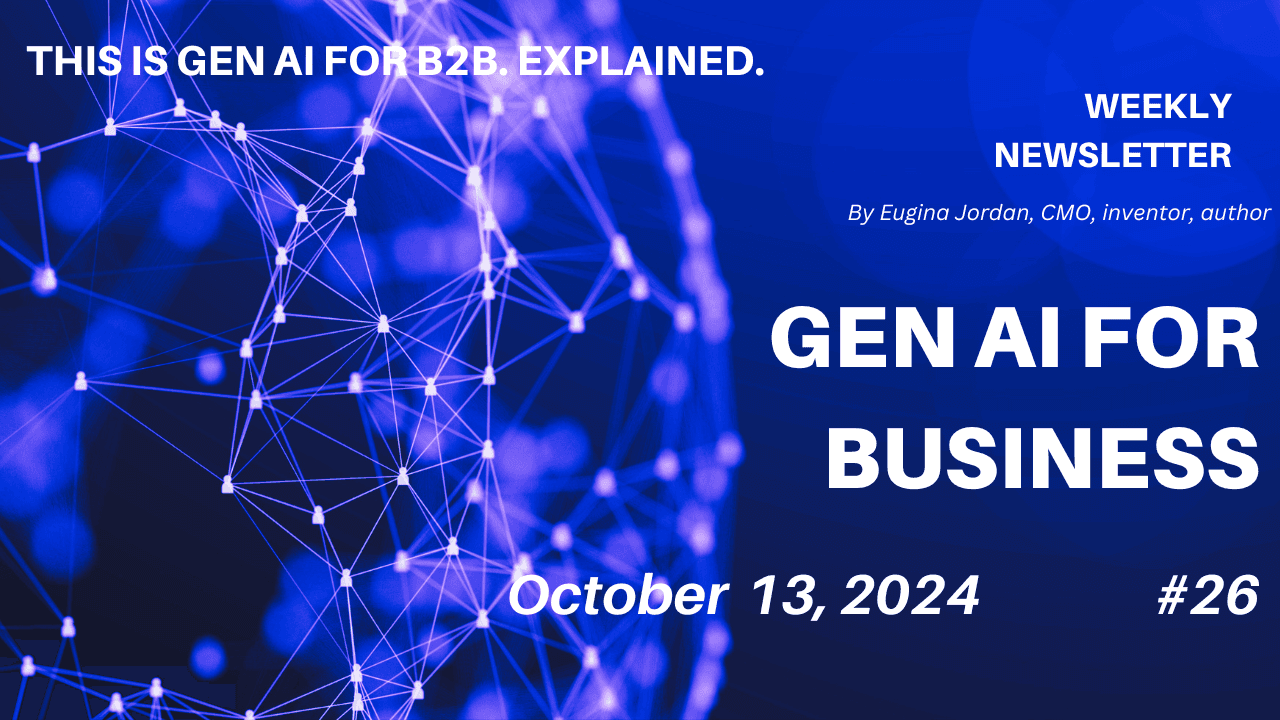We're loading the full news article for you. This includes the article content, images, author information, and related articles.
A report on June 4, 2025, indicates that academic publishers are increasingly signing deals related to artificial intelligence, a trend occurring amidst signals of potential U.S. government research funding cuts. This suggests a strategic adaptation to new technologies.

Global Academic publishers are increasingly forging agreements involving artificial intelligence technologies, a trend that coincides with reports of potential research funding cuts from the current U.S. administration. This development, noted by Bloomberg around June 4, 2025, suggests a significant strategic adaptation within the academic publishing sector as it navigates a changing financial landscape and embraces new technological frontiers.
While the specifics of these AI deals vary, they likely encompass a broad range of applications. These can include using AI to streamline and accelerate the peer review process, enhancing content discovery for researchers, personalizing learning experiences for students, or even assisting in the generation of research summaries and data-driven insights. For publishers, AI offers the potential to significantly improve operational efficiency, create new value-added services, and adapt to the evolving ways in which scientific research is conducted and disseminated. The backdrop of potential reductions in traditional government research funding may be acting as a catalyst, accelerating this exploration of AI-driven solutions as a means to innovate and maintain a competitive edge.
This trend also raises important questions about the role of AI in scholarly communication, touching upon complex issues of authorship, intellectual property rights, and the potential for bias in AI-generated content and analysis. As AI becomes more deeply integrated into the entire research lifecycle, from initial discovery to final publication, the academic community will need to proactively establish clear ethical guidelines and robust standards. The intersection of rapid AI adoption and shifting public funding priorities is poised to fundamentally reshape the landscape of academic publishing and research dissemination in the years to come.
Keep the conversation in one place—threads here stay linked to the story and in the forums.
Sign in to start a discussion
Start a conversation about this story and keep it linked here.
Other hot threads
E-sports and Gaming Community in Kenya
Active 9 months ago
The Role of Technology in Modern Agriculture (AgriTech)
Active 9 months ago
Popular Recreational Activities Across Counties
Active 9 months ago
Investing in Youth Sports Development Programs
Active 9 months ago